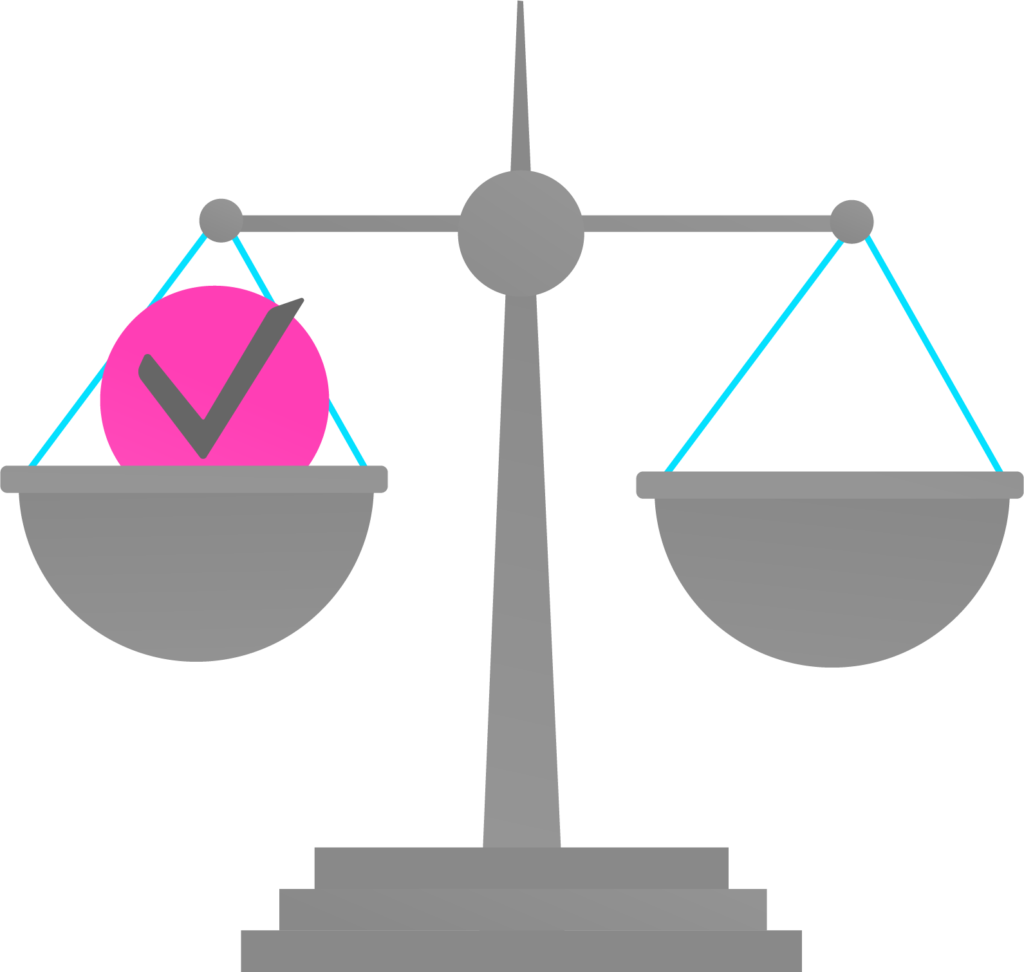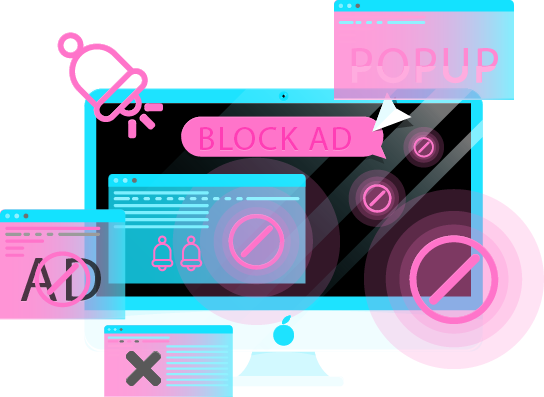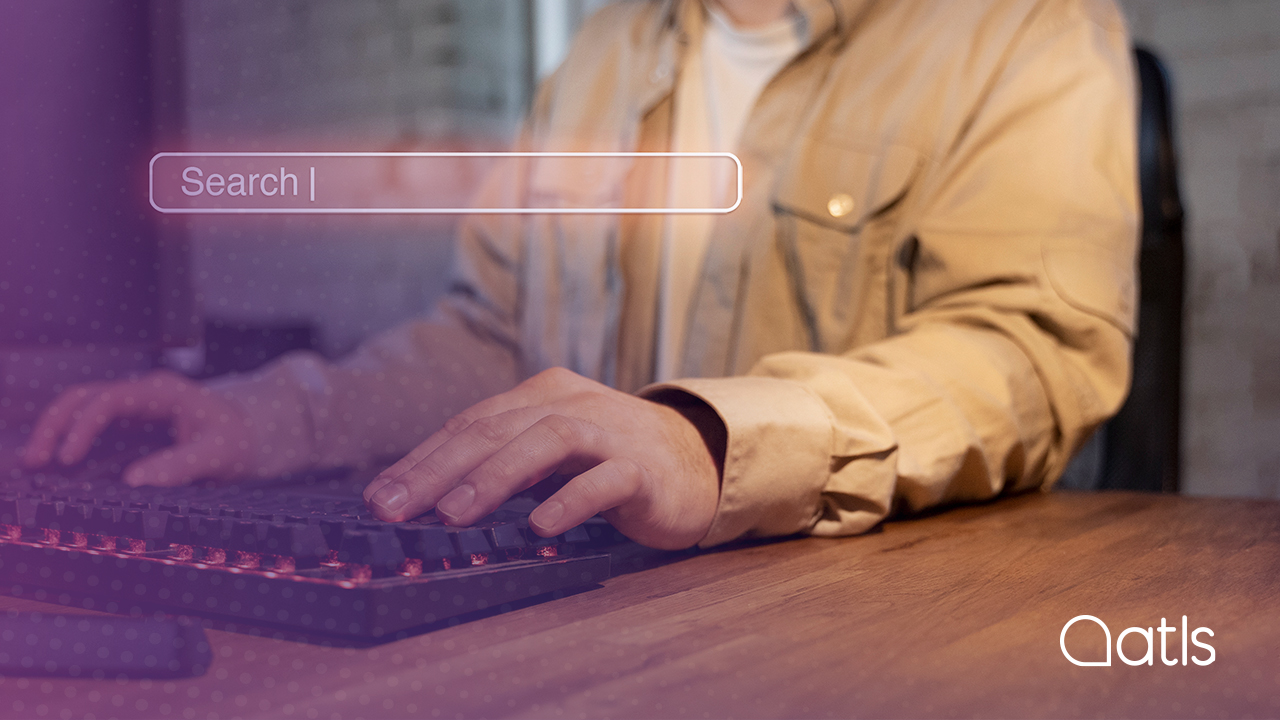As we don't want to hear you say "Google penalised my website" again, we are offering a quick guide to help you understand the March 2024 updates to Google's search and positioning algorithms, comprehend the concept of Google's manual and algorithmic penalties, identify your mistakes, and take action to correct them.
Since March 2024, we have been hearing a pitiful moan, something like: “Ohhh, Google penalised my website! Woe is me!” The widespread reaction to this kind of lament, accompanied by gnashing of teeth and dragging of chains (there are lots of ghosts out there!) consists of publishing apocalyptic statistics or, in emoji language, a great big ö!
Don't panic, it's not the end of the world. All this has to do with the March 2024 SEO earthquake, and we know where the epicentre is: in updates to Google search and positioning algorithms. And we also know how to resolve it. Beware, however, it's not an easy task, and can't be done from one day to the other. If you're pulling your hair out screaming "No, God Google, why me?,” there's not much to do, but if you're asking "What tools can I use to know if Google has penalised me?", then Bravo! that's the attitude, we're with you! Read on and find out how to discover what has happened and how to solve it.
What does being penalised by Google mean?
Broadly speaking, we would say that a Google penalty is a “ranking issue” related to errors or bad practice in domain and website indexing. In other words, developers, content creators and SEOers are doing something (knowingly or not) against the sacred Google search guidelines (Search Essentials ).
It would be easier to shoot yourself in the foot, because apart from the definition, it's the very annoying effect it has (what does this penalty imply?). It could range from a drop in ranking (drop in SERP, for example, from position 9 to position 150) and even no indexing, which is the same as bringing your website down (or, in layman's terms, taking your number out of the phone book).
Types of Google penalties
In general, when we're talking about Google penalties, there are two different types: Algorithmic and manual.
- Algorithmic penalties occur when Google algorithms detect any feature on a website that does not comply with its guidelines. They often have to do with updates and "metrics" changes in Google Analytics.
- A manual penalty is that in which Google’s human reviewers, following a thorough examination of the features, content and performance of a website, determine that a website is not in compliance with Google’s Webmaster Guidelines and appears to use black-hat search SEO practices.

Strictly speaking, a Google Penalty is a manual action. Algorithmic penalties, on the other hand, are imposed automatically (Google has simply updated its algorithms and someone has to suffer the consequences), whereas in the case of manual penalties, there is a clear breach of Google guidelines. Although for practical purposes, the truth is that it hurts the same...
How can I tell if Google has penalised my website?
How to know if my website has been penalised by Google? This is the big question that makes an SEO manager feel uncomfortable without knowing why. These are the alarm signs:
- A drastic reduction in ranking in our domain or website in the search engine results.
- Loss of indexed pages on our domain or website in the search engine results.
Secondly, we'll discuss what to do to solve the issue.
Google Penalty: Keep calm and check to see if you have been penalised
Before you start running around in panic shouting “Google penalised my SEO!", take a deep breath, and let's see if it really is a Google penalty, or whether the issue is connected to Google's latest updates to ranking algorithms.
In fact, Google's core updates tend to be a headache for webmasters who are not up to date with them. As we said, they aren't penalties in the strict sense of the word, but we do need to know how and why they affect us.
Which algorithm has been penalised?
The instinctive and natural reaction: “To see, who was the #@$* €& amp?” In fact, even if we blame the machine, the solution is in our hands: we have to follow the rules of the game; and it's not so much about the algorithm as with the updates to Google's algorithm. Look, these are the three updates that have been driving us crazy lately.
Spam update
We know what spam is, right? This is what we call “Spam" or any form of unrequested communication, usually advertising and almost always generated automatically and sent in bulk. The forms and methods are evolving, and with them the mechanisms and barriers that Google sets up to defend users.
With regard to spam, the March 2024 updates mainly concern three issues: Site reputation abuse by third-party pages (e.g., native advertising content), scaled content abuse (mass generation of pages copied or irrelevant content) and domain abuse (when a domain name is used for an illegal purpose or a purpose that is not consistent with the intended use of the domain name).
Helpful Content Update
Google gives preference to content that helps users find what they are looking for easily. As you know, the ways in which Google measures this are varied, and they are constantly changing. Keys: helpful, reliable, people-first content; the so called E-E-A-T.
In principle, these changes are for the better; In other words, to make life easier for users and help them find the best information on a topic, or find the exact product or service they are looking for, or make local searches more effective. In other words, if you're doing something wrong (unwittingly, of course) in one of these areas, the algorithm sends you back in the queue without a care in the world.
Ranking algorithm update
This is complex, so pay attention. There are several “things” that Google likes when ranking web pages, and these things (meaning, relevance, quality, usability and context) weigh differently depending on the nature of the search. It doesn't matter, the thing is that the cooking weights constantly change.
The latest core update, launched on 5 March 2024, took 45 days to roll out. This was a big core update, and more complex than any other: this involves integrating Google's Helpful Content System into the core ranking system of the famous Mountain View giant. In other words, the ranking system has become more organic (and complex) than ever.
How to recover from a Google penalty?
Now we can dry our eyes, have a calming herbal tea, and get to work. As Google is not Satan, although it may sometimes seem to be, it doesn't have bad intentions. It just makes us pass through the SEO ring following their rules. We mean that there is good news: However, there is a solution.
In fact, at AT-LS, we like to look at a crisis as an opportunity for improvement and growth. We believe it can be an ideal time to recover and forge ahead, and also to do a complete SEO audit, and why not, revise and improve content as well.
How do I know if my site has been penalised algorithmically or manually?
This is the first thing: check to see it the drop in traffic, visibility and ranking is related to some pesky algorithm update or whether it is due to a manual penalty.
- We're entering the Google Search Console.
- In the menu on the left, go to “Security and manual actions” & gt; “Manual actions”.
- If you see any notification in this section (almost all are related to spam policies), it's clear; We'll look at this later.
- If not, go to the Google & gt Search Center; Tracking errors (if you have Analytics); check the bad results with site:[domain/page name]. It is probably just a matter of adjusting to the latest updates. Let's explore this topic below.

How can I detect the errors that penalise us?
If it's a question of a mismatch with the core updates, we've got work to do: change our domain or website to meet Google's updated E-E-A-T criteria. But what are these criteria? This is a small, non-exhaustive guide to detecting errors based on a few questions:
- Content evaluation: quality
- Do we offer original information (data or analysis)?
- Is the content substantial, exhaustive, interesting?
- Are the titles right for the content?
- Is it well written, clear and without errors?
- Content evaluation: authority
- Could the information be classified as “expert”?
- If we cite sources, are we doing it correctly?
- Has the content been reviewed?
- User experience
- Does your domain/page have effective performance metrics?
- Is the content displayed correctly on different devices? is it easy to locate the content?
- Are there too many ads, or intrusive interstitials?
- People-first content
- Does the domain/site have a clear objective and audience?
- Is the content based on first-hand experience? Are you using a kind of extensive automation or AI to generate content?
- Do you create content only for search engines?
Correct errors (and be patient)
When we've revised our content and checked that the issue has to do with updates, we'll be able to correct the errors and adjust details according to updates: Is my web page indexed? Do crawlers access our content? Do we provide value content? Does your website offer a good user experience?
An example. We've all heard the mantra “Google penalises duplicate content,” and this is true. Firstly, we'll look to see if this is happening on our website by using the right tools. If we discover that this is the case, we can remove the duplicate content, and move on.
Pro tip: Create a troubleshooting schedule of at least 90 days. This is a long-distance race, especially because you may not see improvements until the next update by Google, so don't expect miracles to happen from one day to the next.
And in the case of a manual penalty...
If the issue is illegal or fraudulent practice (this will be unwitting, but you know the saying "ignorance of the law is no excuse" and we receive a manual penalty, we need a new approach: a review request.
In fact, we are going to ask Mr Google to remove the penalty. It sounds strange, but this is really what it is. Logically, the relevant changes need to be applied first so that the reviewers (Yes, they're people) can see that we have actually redeemed ourselves.
What updates? There are about fifteen types of manual actions! In some cases, corrections will involve technical issues, and others will be more about content. Sometimes it will be your hosting or user service, and other times it will be your fault, but come what may, you need to fix it.
Now you know, if you have a Google penalty, we can help you!
So it's true! It never occurred to me that Google would penalise my website... Yes, the good news is that you have remained calm; as you can see, it can happen at any time and not necessarily because you have been doing any black-hat SEO practices. Now, it has to be repaired using SEO techniques and copywriting.
And as we already know, this can happen to anyone. It can be fixed, and we're cheering you on boomer style (equivalent to a millennial style ticking off): best keep our eye on the SEO so we don't get caught out again Update (zaíno, bragado y más cosas). Don't let it happen again!






